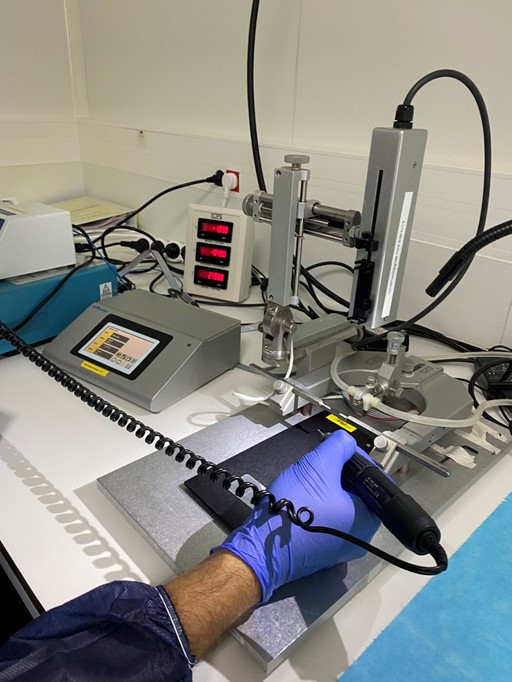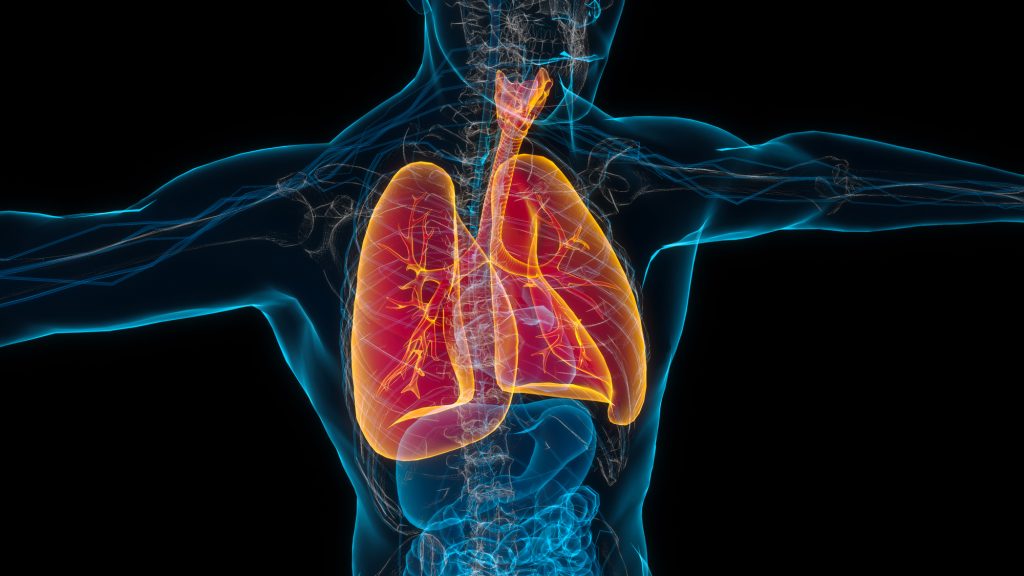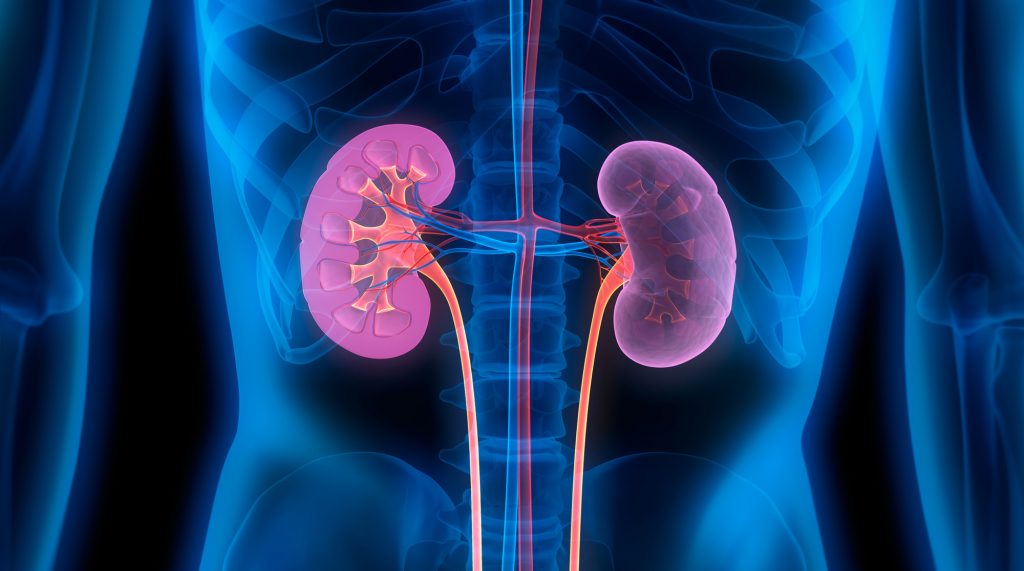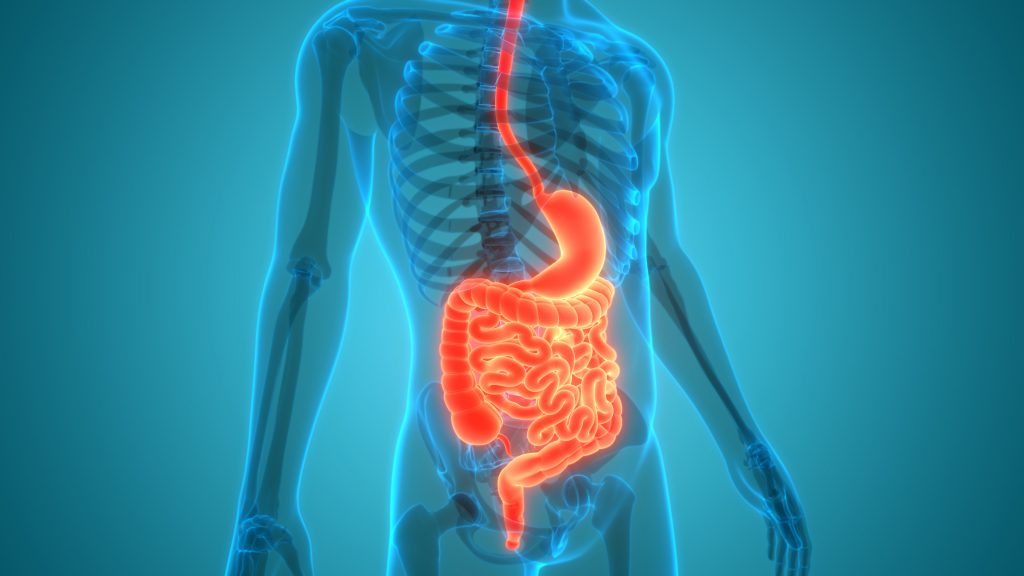Acutely blocking NMDA receptors in rats reproduces behavioral and electrophysiological features of schizophrenia: a robust and translational tool to assess antipsychotics and investigational drugs indicated for the treatment of schizophrenia
ABSTRACT: The therapeutic management of Schizophrenia (SZ) has not
significantly improved since the first commercialization of atypical
antipsychotics. Mostly targeting positive symptoms of SZ, these drugs
do not treat other aspects of the disease such as social dysfunction
and do not sufficiently modify SZ underlying neurobiology. The lack of
new innovative therapies for SZ has raised the question of the
robustness and translatability of preclinical methods used during
drug development. Here, we highlight a robust and translational
model aiming at evaluating drugs indicated for the treatment of SZ.
SZ being mainly mediated by N-methyl-D-aspartate receptor (NMDAr)
hypofunction, this model relies on blocking NMDAr with MK-801 in
the rat. Importantly, this model includes both behavioral (locomotor
activity (LMA) evaluation to assess psychotic-like behavior and social
interaction analysis) and EEG readouts (gamma-band auditory steadystate
response (ASSR) and quantitative EEG (qEEG)) to align with
methods used in patients. This preclinical method thereby allows
focusing on both clinical manifestations (positive symptoms and social
dysfunction) and NMDAr-hypofunction-mediated excitationinhibition
(E/I) imbalance, a key pillar of SZ for which the gammaband
ASSR is seen as a translational EEG biomarker. To further evaluate
this approach, the atypical antipsychotics clozapine and aripiprazole
were evaluated on parameters influenced by MK-801 administration.
Electrophysiological profiling of escitalopram in rodents and human healthy subjects
Major depressive disorder (MDD) is a severe and common psychiatric disorder and although it primarily involves mood disturbances, patients usually present alterations in cognitive function.
Cognitive performance is assessed through the use of behavioural tasks but this does not allow for the establishment of a pharmacodynamic marker of underlying brain activity. Identifying
neurophysiological markers with a correlation to cognitive performance could increase the clinical utility of pharmacological compounds. This study was aimed at exploring neurophysiological
pharmacodynamic markers of cognitive performance for escitalopram, a selective serotonin reuptake inhibitor (SSRI). SSRIs have been the leading class of drugs for the treatment of depression
and anxiety for several decades and have been associated with a number of sensitive peripheral and central biomarkers. Quantitative electroencephalography (qEEG) and auditory steady-state
responses (ASSRs; electrophysiological responses entrained to the frequency and phase of a rapid auditory stimuli) were investigated in human healthy subjects and Wistar rats following
treatment with escitalopram.
Detection and pharmacological modulation of sleep spindles in rat: a tool for safety/efficacy pharmacology using EEG telemetry recording in the conscious rat
Successful CNS drug development relies on using quantitative & predictive preclinical methods to better assess efficacy & safety. Sleep spindles (SPI) are EEG hallmark of mammals’ NREM sleep involved in cognition and memory that depend on CaV3.3 Ca2+ channels of the thalamic reticular nucleus. SPI are reduced in a number of pathologies including Schizophrenia and Alzheimer’s disease. They might therefore provide valuable & translational information regarding target engagement, efficacy and safety.








